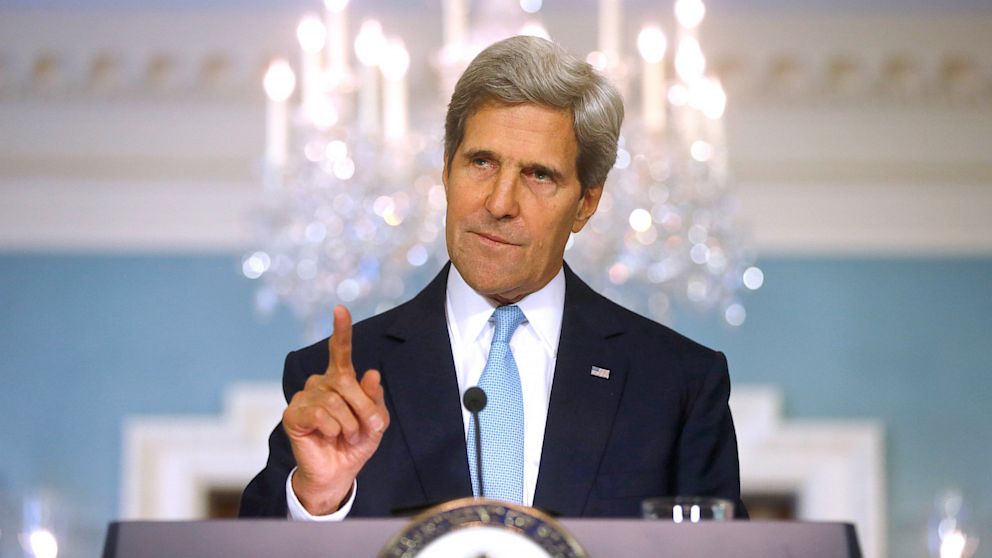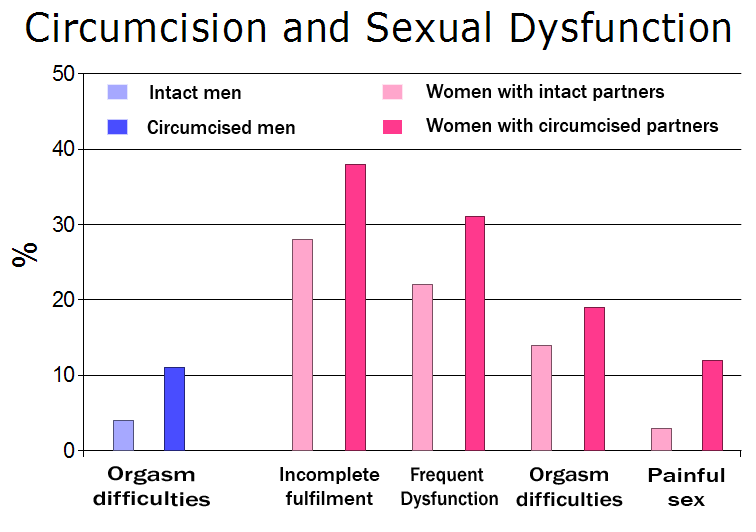The raging gun-debate will no doubt escalate once more, now that the shock of the Fort Hood shooting has ebbed a little bit. This time, the conversation is reaching its point of
reductio ad absurdum termination: should we disarm soldiers on military bases? If ever there was a place full of qualified individuals to safely and effectively use weapons to protect themselves, rather than wait for armed help to arrive in a not-so-timely fashion, surely a military base would at least make the list?
A good place to begin in exploring the subject of gun-control is Sam Harris'
blog post on the subject. Harris himself is quite liberal on the matter of firearms, in modern political terms, and has stated that he believes people should need permits to own guns, permits that would be equivalent in difficulty to acquiring a pilot's license. But he isn't against gun-ownership at all.
Au contraire, he points out that "a world without guns is one in which the most aggressive men can do more or less anything they want. It is a world in which a man with a knife can rape and murder a woman in the presence of a dozen witnesses, and none will find the courage to intervene." Harris himself is a gun-owner, as is Gabrielle Giffords, who survived the attack of a man who only managed to kill six people before being stopped by a motley crew of crowd members. One of those crowd members was Joseph Zamudio, who was carrying a weapon with him at the time, but had arrived at the scene after the initial (and only) burst of shooting had ceased. It is truly a pity he had not been there from the beginning, or that someone else in the crowd had not been armed.
It is natural for people to say "I'd rather
no one had been armed in Arizona that day," but this is wishful thinking, not useful policy discussion. The guns are not the cause of the violence, but merely a means. People often talk about living in a "gun culture," but consider what the alternative might be if we address the means but not the cause. I would rather live in a gun culture than, for instance, a "bomb-culture," or a "biochemical-poisoning" culture. The worst mass-killing in an American school was not done with a gun, after all,
but a bomb. Taking away guns won't merely disarm good people and, by extension, empower bad people, but could even encourage violent killers to find more creative and effective means, like poison or bombs.
What are the root causes? Some people adamantly believe that violent video games are the culprit. There's a lot to be said about video games, positive and negative, but the link between video games like Grand Theft Auto and violent action in children is somewhere between tenuous and purely speculative. Lt. Colonel Dave Grossman has contributed a lot of tremendous work on the subject of psychology and killing, and like Harris, is worth reading if you want to really educate yourself on the subject, but his assertion that
video games are the only thing that's changed in tandem with the rise in mass-shootings is simply incorrect.
A much more believable and demonstrable root cause is the over-medication of children, particularly from selective serotonin-reuptake inhibitors, or SSRI's, anti-depressants like Prozac. "It's been well known that adolescents and young people have an increased risk of suicide when they begin to take SSRI's," writes
Lennard Davis in Psychology Today. "[S]uicide is an impulsive behavior turned against oneself. But impulses particularly violent ones, can be turned against others." As it happens, almost all of the perpetrators of recent mass shootings were either taking SSRIs or were experiencing withdrawal symptoms from them.
Clearly, any conversation about violence has to tackle the over-diagnosing and medicating of children and teenagers. Most of the time, the depression experienced by boys has nothing to do with some chemical imbalance in the brain, and everything to do with our decrepit and soul-crushing government schools. Still, living in the present demands policy founded in the conditions we have, not the one's we'd like to have. What's the most effective way to curb, counter, and preempt these mass-shootings, or even smaller shootings and incidents of violence involving guns?
In addition to the observed link between SSRIs and violence, another trend is worth mentioning: every single mass shooting in the last few years except one (the Arizona shooting, among the least lethal) occurred in a "gun free zone." It's an unfortunate tendency that people who are willing to break the law by killing large numbers of people seem, for whatever reason, disinclined to obey the signs saying "no weapons beyond this point." If we lived in a world where such logic was effective, there would be no need for razor-wire fences and guard towers in prisons: a simple "no escape" sign every few yards or so would suffice. There are actually good reasons to believe that gun free zones attract violence, rather than deter it, the
Aurora shooting being the best example.
All of these are pragmatic arguments defending two points: first, that guns are a good and equalizing means of self-protection, and two, that the existence of guns has very little to do with the violence and, more importantly, the fear of gun related violence over the last few decades. I've scrupulously kept the second amendment out of the discussion so far because the second amendment has nothing to do with self-defense. As many have pointed out, the bill of rights doesn't give citizens a blank-check gun-ownership right for the sake of self-protection, hunting, etc, and restrictions on gun ownership to low-caliber pistols and Joe Biden's choice of shotguns would be reasonable and legal if the second amendment had anything to do with self-defense.
Many people feel that the second amendment is out of date. As Harris argues in his piece, "the Constitution was written by men who could not possibly have foreseen every change that would occur in American society in the ensuing centuries[...]We have since invented weapons that no civilian should be allowed to own [...] the idea that a few pistols and an AR 15 in every home constitutes a necessary bulwark against totalitarianism is fairly ridiculous."
If you look closely, you'll notice the semi-circular reasoning here: it would be silly to try to fight off a totalitarian state with a few small arms, and also, people shouldn't be allowed to carry anything other than small arms. The necessary premise that must be granted is that it would be inconceivable for the United States to gradually transform into a tyrannical state. I'll grant that it's unlikely, but given recent events--the IRS's political bullying, the ever-expanding NSA dragnet, the increasing power of police forces, schools, and government generally--is it really impossible? It would take nearly religious faith to accept that. Technology changes, it's true, but human nature doesn't, and we are, in many ways, fighting the same political battles today as we were 300 years ago in Europe, and 2,000 years ago in Rome. "It could never happen here," are the words of the unimaginative and those unversed in history.
You can think of the second amendment in the same way that anarchists often think of taxes. When you fill out your 1099 and mail it off, there is no force used, but you know that if you fail, forget, or refuse to pay your taxes, eventually you'll get notices. If you ignore the notices, you'll be visited by nice people to remind you. Eventually, they will attempt to repossess your property. If you try to kick them off your land for trespass or attempted theft, you will be arrested ("kidnapped") by men with guns. If you attempt to resist, the government has deadly force at its disposal as a last resort. For anarchists, it is from this threat of deadly force latent in that 1099 that we pay our taxes. So too is the second amendment a deeply buried but always lurking last resort that can keep a government from becoming tyrannical without requiring any exercise of force on the part of citizens. Is it really so certain that we can get rid of this right to own weapons, for the purpose of inhibiting government metastasis, with no negative consequences? Justice Oliver Wendell Holmes proclaimed that the life of the law is not logic, but experience, and experience has shown that the logical first step for a tyrannical government is to disarm its subjects. The recent Cliven Bundy standoff is not a complete vindication of this necessity, but a useful illustration of its concept. As a friend of mine recently put it:
"The only reason the federal government backed down and gave in to the protesters was the fact that they had firearms. That they formed an armed guard. that they made clear demands, that they wanted a peaceful resolution to the conflict. The feds saw reason, and backed down. What would happen if those protesters were not armed? I'm pretty convinced that they would have lost. They may even have been arrested. Let's be clear, this isn't some kind of crazy call to violence. This is an observation on the true reason why Americans own firearms."
Indeed, though I'd argue it wasn't reason that the feds saw before they backed down. Like signs telling people not to carry guns or telling prisoners to stay in place, reason only works on people who listen to reason.





